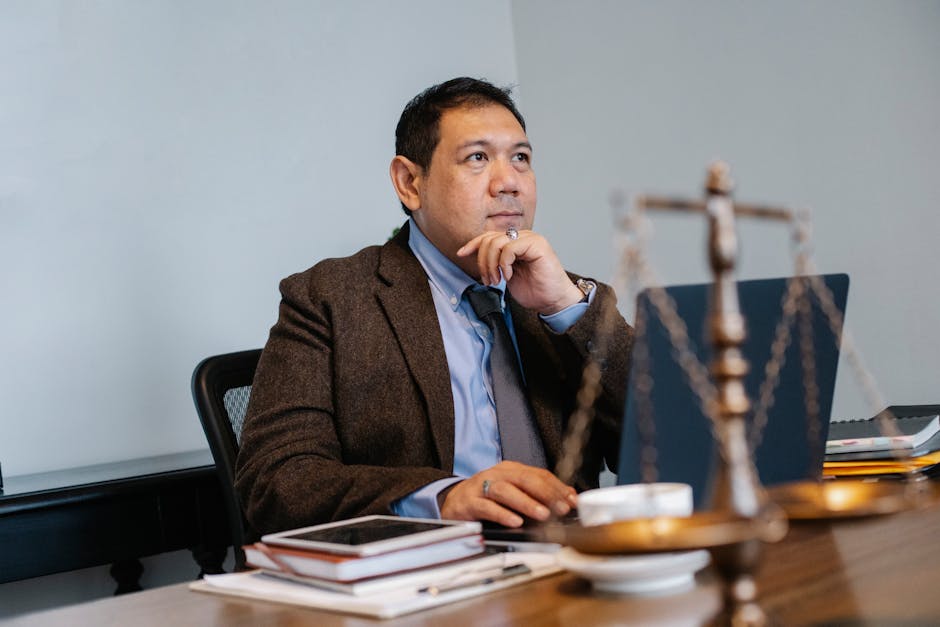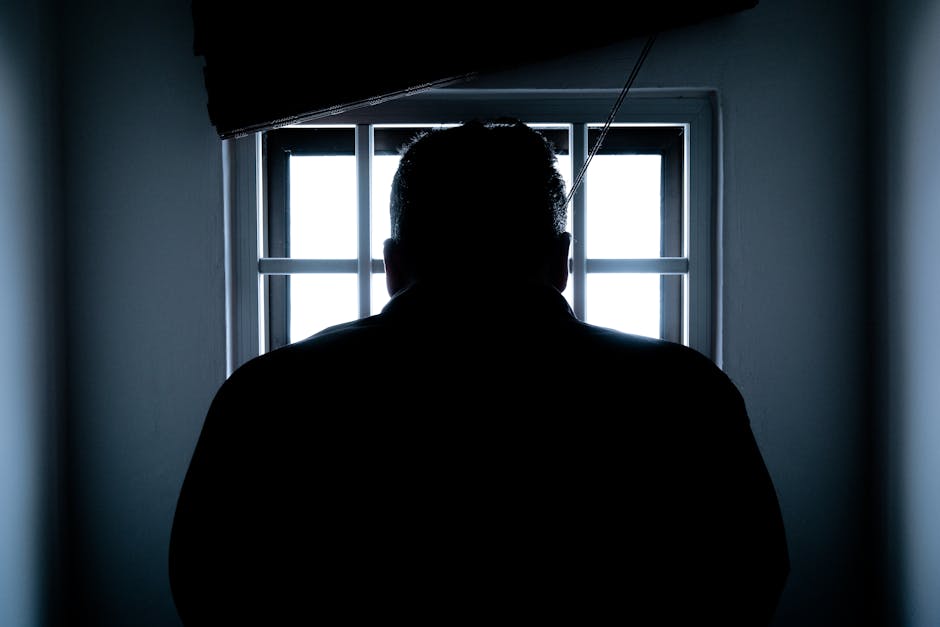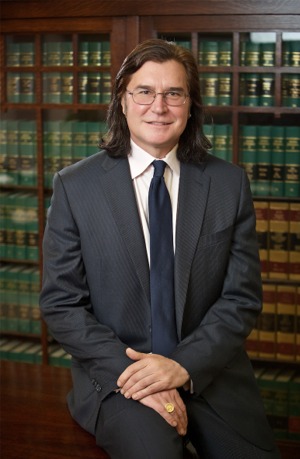The term “wrongful death” may sound complicated and somewhat ominous, and indeed, it refers to grave and unfortunate scenarios. A wrongful death arises when a person loses their life due to the negligent or intentional acts of another. This could occur in a multitude of scenarios from car accidents to professional malpractice.
Navigating the labyrinth of legal terminologies and doctrines can be tricky, especially during emotionally challenging times. The hope is that this post will demystify the term “wrongful death,” shedding light on its legal implications and the subsequent procedures.
Even though wrongful death is a dire situation, understanding it allows us to understand our rights and options in seeking justice. Remember, knowledge empowers you. Read on, as we journey into the realm of wrongful death in law.
Legal Definition of Wrongful Death

In the sphere of law, the term “wrongful death” holds a specific meaning. It refers to a claim made against an individual who can be held responsible for a person’s death, either through negligence or deliberate harmful action. This right to sue is typically held by close relatives or the estate of the deceased.
The specifics of wrongful death statutes differ from jurisdiction to jurisdiction, but they all allow certain parties to seek compensatory damages to account for the premature death of a loved one. This could be due to negligent behaviour like reckless driving, manufacturing a defective product, or direct malintent.
Remember, a wrongful death claim is a civil action, separate from criminal charges that might also be brought against the defendant. This is a glimpse into the legal definition of wrongful death.
Parties Involved in Wrongful Death Cases
When discussing wrongful death cases, it’s crucial to understand the key parties involved.
Firstly, there’s the defendant, the party held liable for the death. This could be an individual or an entity, like a company or a government agency.
Next, the plaintiff who files the lawsuit is often an immediate family member of the deceased, such as a spouse, parent, or child. In some cases, a legal representative of the estate may also serve as a plaintiff.
Other potential parties could include insurance companies or even healthcare providers. These parties may either support the plaintiff’s claims or contribute to the defense’s arguments.
The dynamic interactions between these parties heavily impact the course of a wrongful death case.
Common Causes of Wrongful Death

Wrongful death is often the consequence of negligence or misconduct. A few prominent causes include medical malpractice, where healthcare professionals fail to provide the standard of care resulting in death. Car accidents account for a significant number of wrongful death cases, usually arising from reckless driving or failure to observe traffic laws. Work-related hazards, particularly in industries such as construction and manufacturing, often lead to fatalities due to an employer’s neglect of safety precautions. Moreover, defective products, whether it’s a malfunctioning device or tainted food, can also lead to tragic loss of life. Finally, intentional violent acts that result in death fall under wrongful death, holding the perpetrator legally responsible. Each case is unique, thus it’s important to consult with a legal expert in wrongful death cases.
Legal Requirements for Filing a Claim

In order to assert a wrongful death claim, there are a few legal requirements that must be met.
First, a formal legal death of a human being must have occurred. This may seem obvious, but proving that a wrongful death has occurred requires considerable evidence.
Next, you need to prove that the death resulted from negligence or misconduct of another person or entity. Negligence indicates a failure to practice reasonable care.
The deceased must have left behind dependents or beneficiaries who have incurred damage due to the fatality. These could include emotional suffering, loss of income, or medical expenses.
Finally, a personal representative must be appointed for the decedent’s estate. They will be responsible for managing the damages lawsuit and securing compensation for the beneficiaries.
All these factors must be considered to ascertain whether your wrongful death claim has legal standing.
Determining Liability in Wrongful Death

In the legal context, establishing liability in wrongful death cases isn’t always a straightforward process. It often requires comprehensive investigation and cogent proofs.
Typically, the key to determining liability revolves around negligence. Was there a party who failed to uphold a certain duty of care, leading to the fatal event? A party is generally seen as negligent if their actions or lack thereof directly cause an incident that a prudent individual would not have allowed.
It’s worth noting that the negligent party can range from individuals—such as medical practitioners—to organizations or even government entities.
In some cases, multiple parties may share the liability, adding complexity to the proceedings. Therefore, legal counsel is invaluable in navigating these challenging waters, ensuring every angle of liability is explored.
Damages in Wrongful Death Cases

Understanding the types of damages in wrongful death cases is essential. Primarily, these damages are divided into two categories: economic and non-economic damages.
Economic damages encompass the financial contributions the deceased would’ve provided had they lived. This may include lost income, potential earnings, and benefits, as well as medical and funeral expenses.
On the other hand, non-economic damages deal with intangibles. These refer to the emotional pain, suffering, and loss of companionship experienced by the surviving family members. They are more subjective and difficult to quantify.
The court takes into account multiple factors to assess these damages. Understanding this aspect of wrongful death claims is key to ensuring fair compensation for the bereaved family.
How the Compensation Works

In a wrongful death claim, seeking compensation is often the main objective. But how does it work?
The compensation, also known as damages, can cover a plethora of things. A financial award is usual, designed to compensate for loss of income or potential future earnings for those left behind.
Often, medical expenses incurred before the death are also included. Loss of companionship, funeral costs, and pain and suffering endured by the deceased can also be factored in.
However, the compensation process can be complex, varying from case to case. An experienced attorney can provide the most accurate information based on your unique situation.
Obtaining compensation in a wrongful death case can provide much-needed financial stability during a challenging time.
Importance of Legal Representation

Legal representation is critical in wrongful death cases throughout every step of the process.
Qualified attorneys can help to interpret the often complex legal jargon involved, ensuring clear understanding for all parties. They have experience in assessing each case individually, providing relevant legal advice to clients regarding potential outcomes.
Moreover, their extensive knowledge of laws, precedents, and procedures maximize the chances of obtaining a favorable outcome in court or through settlement negotiations.
A lawyer can efficiently navigate insurance-related issues that might arise and negotiate professionally on your behalf.
Lastly, thorough legal representation reduces the pressure on bereaved family members, allowing them to focus on their healing rather than complex legal intricacies. Experts like attorneys carry these burdens, ensuring justice prevails in the end.
In essence, right legal representation is indeed indispensable in wrongful death cases. It gives the assurance of a fair outcome while providing necessary legal guidance and emotional support.

